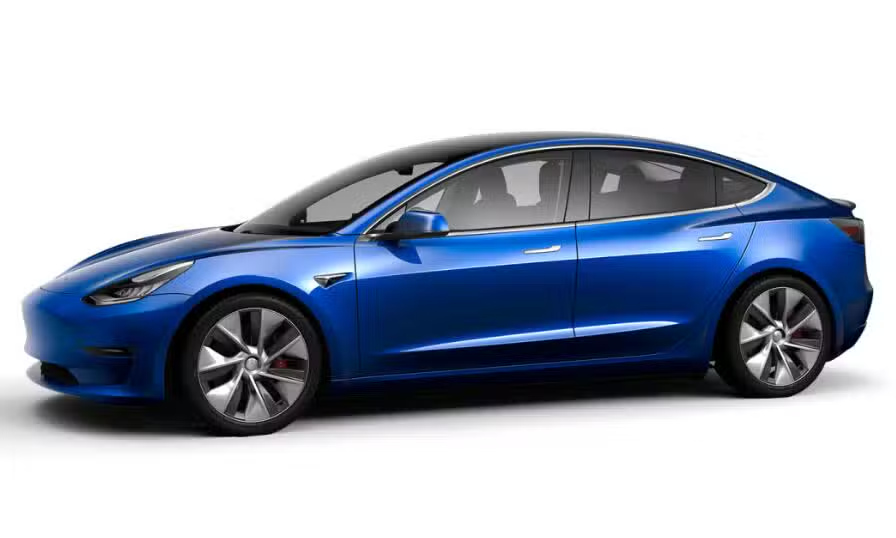
Shanghai recently issued new rules to increase restrictions on the passage of vehicles with license plates from other provinces and cities, which, in the opinion of analysts, will facilitate the sale of new energy vehicles such as Tesla and Nio that can obtain local license plates for free.
The Shanghai Municipal Public Security Bureau announced on October 24 that from November 2, 2020, from 07:00 to 20:00 daily, some elevated roads in Shanghai will be closed to the passage of cars with license plates from other provinces and cities, except on Saturdays, Sundays and public holidays.
Starting from the first working day after the May 1, 2021 holiday, from 7:00 to 10:00 and from 16:00 to 19:00, cars with license plates from other provinces and cities are prohibited to pass on the roads within the inner ring road, except on Saturdays, Sundays and public holidays.
According to Essence Securities, the restriction on vehicles from other provinces and cities, while the sale of fuel vehicles is restricted by the license plate auction, is good for the electric vehicle industry.
At the same time, first-tier cities and some other cities also have corresponding measures to restrict the purchase of fuel vehicles.
The combination of these two policies has created a new rigid demand for locally licensed EVs, which is driving the development of EVs.
In Shanghai, for example, the current compulsory insurance data shows that the non-operational insurance sales in September exceeded nearly 10,000 units, of which the Tesla Model 3 accounted for more than 20%.
And in other first-tier cities, although Tesla led the sales, Nio, BYD and Li Auto and other car companies in the major cities to perform strongly, the policy will also be more conducive to the sales of these car companies to improve.
In April this year, Shanghai released data showing that the city has 5.4 million passenger cars. Among them, about 1.67 million are with plates not issued by the city , accounting for about 31%.
Shenvan Hongyuan Securities said, with reference to the existing new energy industry penetration rate, if 5%-8% of these owners turn to new energy cars every year, it will bring 80,000-130,000 incremental demand to the new energy market in Shanghai.
With reference to the insurance data in the third quarter of this year, the demand in Shanghai is mainly based on Tesla, Roewe, BYD and Nio.
Tesla led with 6,216 units sold in the third quarter, accounting for 18.3% of its total sales in China, while local brand Roewe followed with 5,778 units sold in the quarter, accounting for 46.2% of national sales.
Among the new powerhouses, Nio ranks first, with quarterly sales of 1,832 units, accounting for 14.9% of its total sales in China; Xpeng and Li Auto are close to each other, with 664 and 594 units sold in the city respectively, accounting for 7.7% and 6.6% of their total sales.
From the perspective of sales growth, since the upstarts had a low base last year, Shenvan Hongyuan Securities believes that the sales growth in Shanghai will have a more obvious effect on its year-on-year revenue growth.